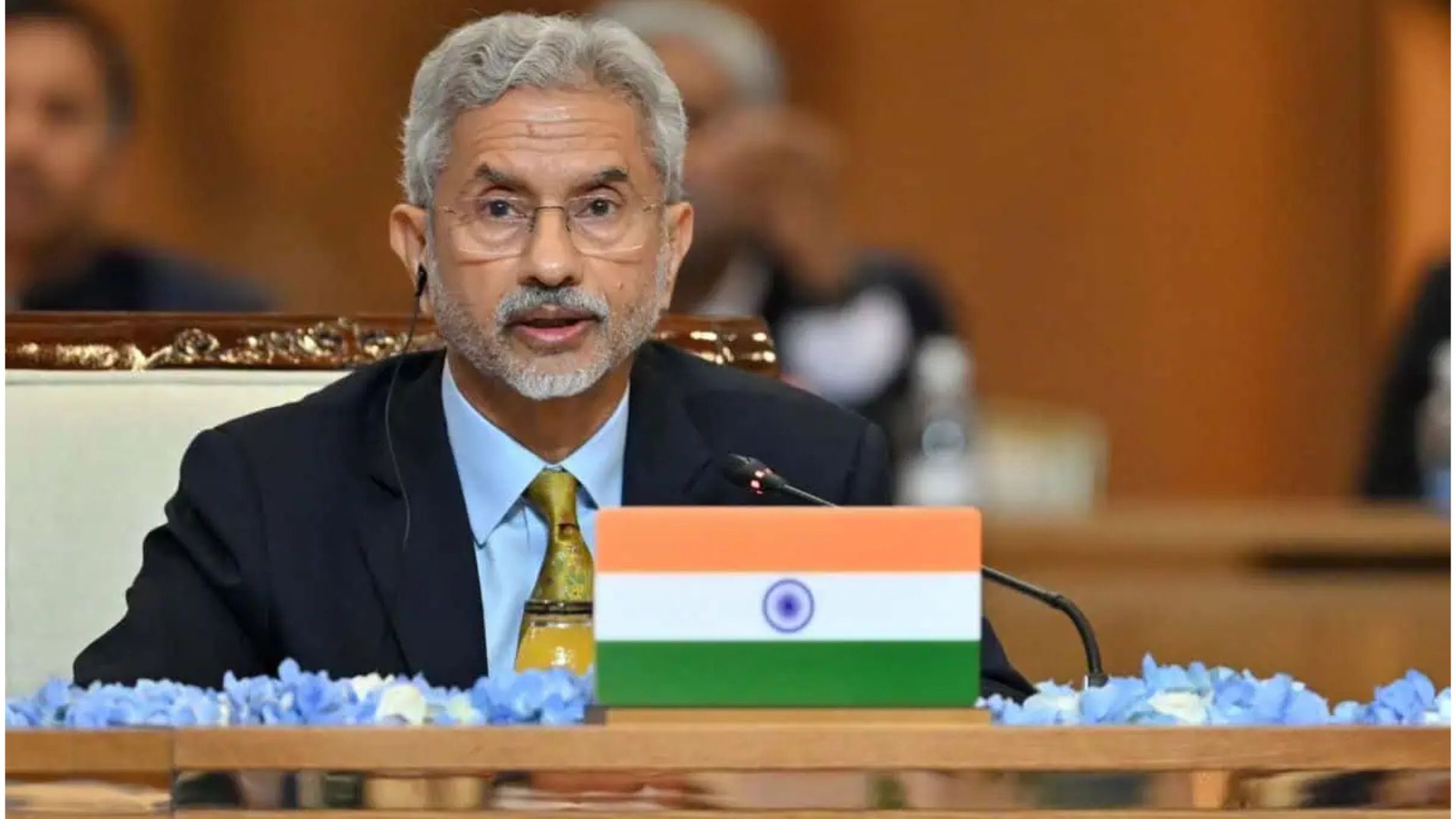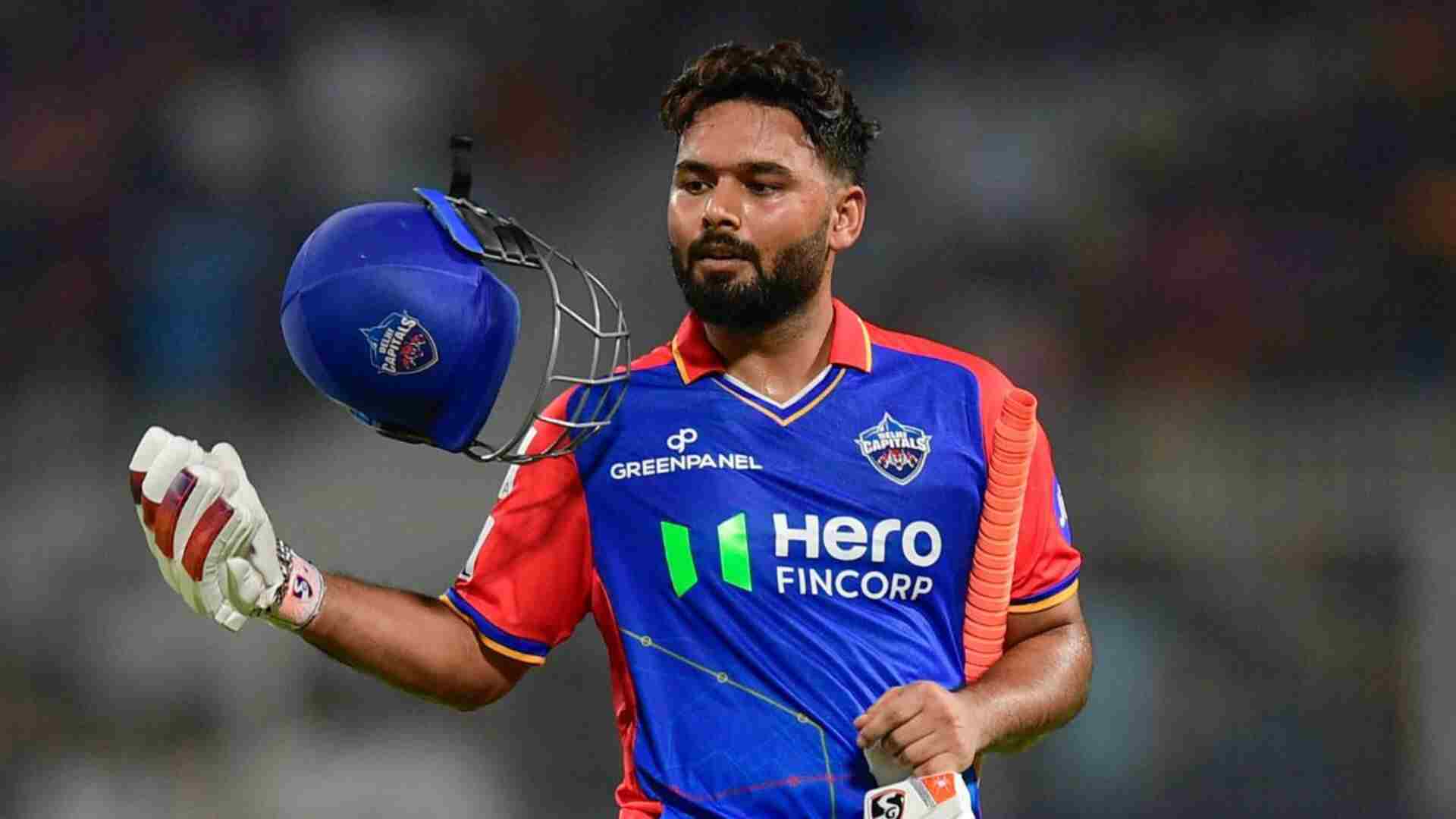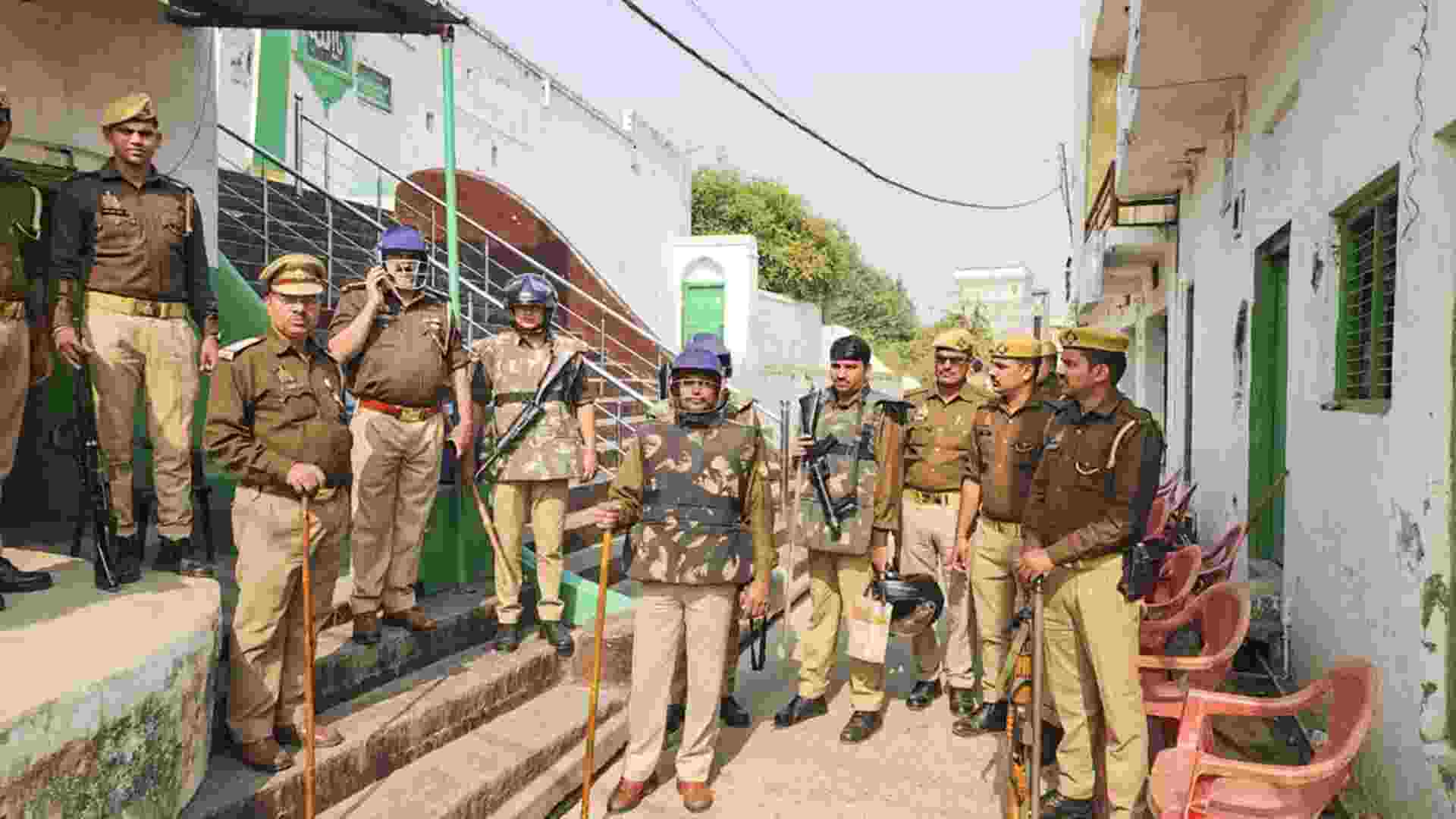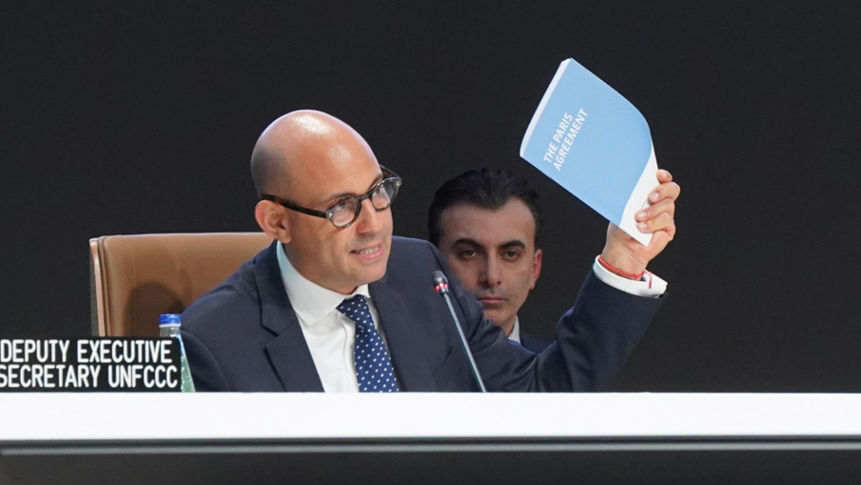
The Supreme Court of India has pronounced numerous Constitution Bench Judgements in the year 2020. In this write-up, the Constitution Bench Judgments pronounced in the year 2020 are briefly discussed.
MUKESH V. STATE (NARCOTIC BRANCH OF DELHI), SPECIAL LEAVE PETITION (CRIMINAL) DIARY NO. 39528/2018 (DECIDED ON 31/08/2020)
A Constitution Bench of the Supreme Court comprising Justices Arun Mishra, Indira Banerjee, Vineet Saran, M.R. Shah and S. Ravindra Bhat, held that in a case where the informant himself is the investigator, that cannot vitiate the investigation on the ground of bias or the like factor and the question of bias or prejudice would depend upon the facts and circumstances of each case. It was held that merely because the informant is the investigator, by that itself the investigation would not suffer the vice of unfairness or bias and therefore on the sole ground that informant is the investigator, the accused is not entitled to acquittal and the matter has to be decided on a case-to-case basis. The Bench also held that a contrary decision of the Supreme Court in the case of Mohan Lal v. State of Punjab, (2018) 17 SCC 627 and any other decision taking a contrary view that the informant cannot be the investigator and in such a case the accused is entitled to acquittal are not good law and they are specifically overruled.
TAMIL NADU MEDICAL OFFICERS ASSOCIATION V. UNION OF INDIA, WRIT PETITION (CIVIL) NO. 196 OF 2018 (DECIDED ON 31/08/2020).
A Constitution Bench of the Supreme Court comprising Justices Arun Mishra, Indira Banerjee, Vineet Saran, M.R. Shah and Aniruddha Bose, held that the State is empowered to make reservation in the seats of the postgraduate medical courses, more particularly, for in-service doctors and the Medical Council of India is devoid of such power. The Bench held that the occupied filed of Union legislation in exercise of power under Entry 66, List I is related to minimum standards of medical education and the State is providing the in-service quota without impinging the prescribed minimum standards and it is a settled proposition of law that in case of two entries overlapping, the interpretation must be in furtherance of achieving the ultimate object. It was held that any interpretation which would negate or become nugatory the other entry, is to be avoided and there must be a harmonious reading between the two entries. There shall not be any conflict between the power of the Union and the State, while exercising the powers under Entry 66 List I by the Union and under Entry 25 List III by the States. It was held that the Medical Council of India which has been constituted under the provisions of the Indian Medical Council Act, 1956 is the creature of the statute in exercise of powers under Entry 66 List I and has no power to make any provision for reservation, more particularly, for in-service candidates by the concerned States, in exercise of powers under Entry 25 List III.
PANDURANG GANPATI CHAUGULE V. VISHWASRAO PATIL MURGUD SAHAKARI BANK LIMITED, CIVIL APPEAL NO. 5674 OF 2009 (DECIDED ON 05/05/2020)
A Constitution Bench of the Supreme Court comprising Justices Arun Mishra, Indira Banerjee, Vineet Saran, M.R. Shah and Aniruddha Bose held that the co-operative banks registered under the State legislation and multi-State level co-operative societies registered under the MSCS Act, 2002 with respect to banking are governed by the legislation relatable to Entry 45 of List I of the Seventh Schedule of the Constitution of India. The co-operative banks run by the co-operative societies registered under the State legislation with respect to the aspects of incorporation, regulation and winding up, in particular, with respect to the matters which are outside the purview of Entry 45 of List I of the Seventh Schedule of the Constitution of India, are governed by the said legislation relatable to Entry 32 of List II of the Seventh Schedule of the Constitution of India. The co-operative banks involved in the activities related to banking are covered within the meaning of ‘Banking Company’ defined under Section 5(c) read with Section 56(a) of the Banking Regulation Act, 1949, which is a legislation relatable to Entry 45 of List I. It governs the aspect of ‘banking’ of co-operative banks run by the co-operative societies. The co-operative banks cannot carry on any activity without compliance of the provisions of the Banking Regulation Act, 1949 and any other legislation applicable to such banks relatable to ‘Banking’ in Entry 45 of List I and the RBI Act relatable to Entry 38 of List I of the Seventh Schedule of the Constitution of India. The co-operative banks under the State legislation and multi-State co-operative banks are ‘banks’ under section 2(1)(c) of Securitisation and Reconstruction of Financial Assets and Enforcement of Security Interest Act, 2002. The recovery is an essential part of banking; as such, the recovery procedure prescribed under section 13 of the SARFAESI Act, a legislation relatable to Entry 45 List I of the Seventh Schedule to the Constitution of India, is applicable. The Parliament has legislative competence under Entry 45 of List I of the Seventh Schedule of the Constitution of India to provide additional procedures for recovery under section 13 of the 159 Securitisation and Reconstruction of Financial Assets and Enforcement of Security Interest Act, 2002 with respect to co-operative banks. The provisions of Section 2(1)(c)(iva), of Securitisation and Reconstruction of Financial Assets and Enforcement of Security Interest Act, 2002, adding “ex abundanti cautela”, ‘a multi-State co-operative bank’ is not ultra vires as well as the notification dated 28.1.2003 issued with respect to the co- operative banks registered under the State legislation.
CHEBROLU LEELA PRASAD RAO AND OTHERS V. STATE OF A.P. AND OTHERS, CIVIL APPEAL NO. 3609 OF 2002 (DECIDED ON 22/04/2020)
A Constitution Bench of the Supreme Court comprising Justices Arun Mishra, Indira Banerjee, Vineet Saran, M.R. Shah and Aniruddha Bose held that the Governor in the exercise of powers under Para 5(1), Fifth Schedule of the Constitution, can exercise the powers concerning any particular Act of the Parliament or the legislature of the State and the Governor can direct that such law shall not apply to the Scheduled Areas or any part thereof. The Governor is empowered to apply such law to the Scheduled Area or any part thereof in the State subject to such exceptions and modifications as he may specify in the notification and can also issue a notification with retrospective effect. The Governor is empowered under Para 5(1), Fifth Schedule of the Constitution, to direct that any particular Act of Parliament or the Legislature of the State, shall not apply to a Scheduled Area or apply the same with exceptions and modifications. The Governor can make a provision within the parameters of amendment/modification of the Act of Parliament or State legislature. The power to make new laws/regulations, is provided in Para 5(2), Fifth Schedule of the Constitution for the purpose mentioned therein, not under Para 5(1) of the Fifth Schedule to the Constitution of India. The power of the Governor under Para 5(1), Fifth Schedule to the Constitution does not extend to subordinate legislation, it is with respect to an Act enacted in the sovereign function by the Parliament or legislature of the State which can be dealt with. The Governor’s power under Para 5(1) of the Fifth Schedule to the Constitution is subject to some restrictions, which have to be observed by the Parliament or the legislature of the State while making law and cannot override the fundamental rights guaranteed under Part III of the Constitution. In exercise of power under Para 5(1) of the Fifth Schedule to the Constitution of India, the Governor cannot override the notification issued by the President in the exercise of powers under Article 371D. The power has to be exercised harmoniously with such an order issued under Article 371D, not in conflict thereof. G.O.Ms. No. 3/2000 providing for 100 per cent reservation is not permissible under the Constitution, the outer limit is 50 per cent as specified in Indra Sawhney case. The notification in question cannot be treated as classification made under Article 16(1). Once the reservation has been provided to Scheduled Tribes under Article 16(4), no such power can be exercised under Article 16(1). The notification is violative of Articles 14 and 16(4) of the Constitution of India. The conditions of eligibility in the notification with a cut-off date, i.e., 26.1.1950, to avail the benefits of reservation, is unreasonable and arbitrary one.
WEST U.P. SUGAR MILLS ASSOCIATION AND OTHERS V. STATE OF UTTAR PRADESH AND OTHERS, CIVIL APPEAL NO. 7508 OF 2005 (DECIDED ON 22/04/2020)
A Constitution Bench of the Supreme Court comprising Justices Arun Mishra, Indira Banerjee, Vineet Saran, M.R. Shah and Aniruddha Bose held that by virtue of Entries 33 and 34 List III of seventh Schedule, both the Central Government as well as the State Government have the power to fix the price of sugarcane. The Central Government having exercised the power and fixed the “minimum price”, the State Government cannot fix the “minimum price” of sugarcane. However, at the same time, it is always open for the State Government to fix the “advised price” which is always higher than the “minimum price”, in view of the relevant provisions of the Sugarcane (Control) Order, 1966, which has been issued in exercise of powers under Section 16 of the U.P. Sugarcane (Regulation of Supply and Purchase) Act, 1953. The Sugarcane (Control) Order, 1966 which has been issued under Section 16 of the U.P. Sugarcane (Regulation of Supply and Purchase) Act, 1953 confers power upon the State Government to fix the remunerative/advised price at which sugarcane can be bought or sold which shall always be higher than the minimum price fixed by the Central Government. Section 16 of the U.P. Sugarcane (Regulation of Supply and Purchase) Act, 1953 is not repugnant to Section 3(2)(c) of the Essential Commodities Act, 1955 and Clause 3 of the Sugarcane (Control) Order, 1966 as, the price which is fixed by the Central Government is the “minimum price” and the price which is fixed by the State Government is the “advised price” which is always higher than the “minimum price” fixed by the Central Government and therefore, there is no conflict. It is only in a case where the “advised price” fixed by the State Government is lower than the “minimum price” fixed by the Central Government, the provisions of the Central enactments will prevail and the “minimum price” fixed by the Central Government would prevail. So long as the “advised price” fixed by the State Government is higher than the “minimum price” fixed by the Central Government, the same cannot be said to be void under Article 254 of the Constitution of India. The view taken by the Constitution Bench in the case of U.P. Cooperative Cane Unions Federations v. West U.P. Sugar Mills Association is the correct law.
INDORE DEVELOPMENT AUTHORITY V. MANOHAR LAL SHARMA, S.L.P. (C) NUMBERS 9036-9038 OF 2016 (DECIDED ON 06/03/2020)
A Constitution Bench of the Supreme Court comprising Justices Arun Mishra, Indira Banerjee, Vineet Saran, M.R. Shah, and S. Ravindra Bhat held that in case a person has been tendered the compensation as provided under Section 31(1) of the Land Acquisition Act, 1894, it is not open to him to claim that acquisition has lapsed under Section 24(2) due to non-payment or non-deposit of compensation in court. The obligation to pay is complete by tendering the amount under Section 31(1). The landowners who had refused to accept compensation or who sought reference for higher compensation, cannot claim that the acquisition proceedings had lapsed under Section 24(2) of the Right to Fair Compensation and Transparency in Land Acquisition, Rehabilitation and Resettlement Act, 2013. The Bench also held that the provisions of Section 24(2) providing for a deemed lapse of proceedings are applicable in case authorities have failed due to their inaction to take possession and pay compensation for five years or more before the 2013 Act came into force, in a proceeding for land acquisition pending with the authority concerned as on 1-1-2014. The period of subsistence of interim orders passed by court has to be excluded in the computation of five years. Section 24(2) of the 2013 Act does not give rise to new cause of action to question the legality of concluded proceedings of land acquisition. Section 24 applies to a proceeding pending on the date of enforcement of the 2013 Act i.e. 1-1-2014. It does not revive stale and time-barred claims and does not reopen concluded proceedings nor allow landowners to question the legality of mode of taking possession to reopen proceedings or mode of deposit of compensation in the treasury instead of court to invalidate acquisition.
DR. SHAH FAESAL V. UNION OF INDIA, WRIT PETITION (CIVIL) NO. 1099 OF 2019 (DECIDED ON 02/03/2020)
A Constitution Bench of the Supreme Court comprising Justices N.V. Ramana, Sanjay Kishan Kaul, R. Subhash Reddy, B.R. Gavai and Surya Kant held that there is no reason to refer the petitions pertaining to the constitutional challenge as regards to two Constitution Orders issued by the President of India in exercise of his powers under Article 370 of the Constitution of India, to a larger Bench. The Bench held the judgments cannot be interpreted in a vacuum, separate from their facts and context. Observations made in a judgment cannot be selectively picked in order to give them a particular meaning. The Court in Prem Nath Kaul case had to determine the legislative competence of the Yuvaraj, in passing a particular enactment. The enactment was passed during the interregnum period, before the formulation of the Constitution of State of Jammu and Kashmir but after coming into force of the Constitution of India. The Bench held that in Prem Nath Kaul case, it was indicated that the Constituent Assembly’s decision under Article 370(2) was final. This finality has to be read as being limited to those decisions taken by the State Government under Article 370 prior to the convening of the Constituent Assembly of the State, in line with the language of Article 370(2). The Constitution Bench in Prem Nath Kaul case did not discuss the continuation or cessation of the operation of Article 370 of the Constitution after the dissolution of the Constituent Assembly of the State. This was not an issue in question before the Court, unlike in Sampat Prakash case where the contention was specifically made before, and refuted by the Court and therefore, there is no conflict between the judgments in Prem Nath Kaul case and Sampat Prakash case.
SUSHILA AGGARWAL AND OTHERS V. STATE (NCT OF DELHI) AND ANOTHER, SPECIAL LEAVE PETITION (CRIMINAL) NUMBERS 72817282/2017 (DECIDED ON 29/01/2020)
A Constitution Bench of the Supreme Court comprising Justices Arun Mishra, Indira Banerjee, Vineet Saran, M.R. Shah and S. Ravindra Bhat held that the protection granted to a person under Section 438 CrPC should not invariably be limited to a fixed period and it should enure in favour of the accused without any restriction on time. Normal conditions under Section 437(3) read with Section 438(2) should be imposed if there are specific facts or features in regard to any offence, it is open for the court to impose any appropriate condition (including fixed nature of relief, or its being tied to an event), etc. The Bench also held that the life or duration of an anticipatory bail order does not end normally at the time and stage when the accused is summoned by the court, or when charges are framed, but can continue till the end of the trial. Again, if there are any special or peculiar features necessitating the court to limit the tenure of anticipatory bail, it is open for it to do so.















